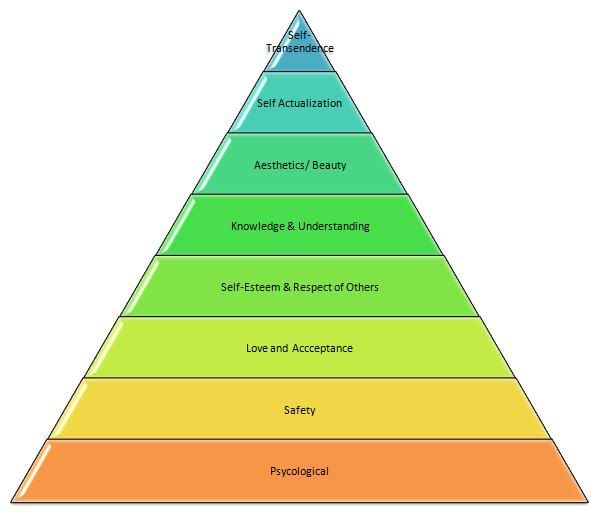If I am going to be honest, I need to set a goal for myself. I need to be more motivated to get things done ahead of time, to beat my horrible tendency to procrastinate (getting started is half the job). I need to motivate myself, to do better than what I've been depending on before. Yes, I have through the graces that shouldn't be so lenient, had little consequences for my procrastination, and have met my performance orientation needs to motivation. I've gotten my marks, I've handing things in on time. But...I've mastered nothing. If I am smart, I can only image how truly intelligent I would be if I gave myself the opportunity, the time, the practice, that comes with spanning things out and working on them throughout a long set of time. That is what I want to master, my own ability to take control of my learning and responsibilities, instead of waiting until my time is running out before paying attention to them.
The reward for my motivation, I can see it clearly. Less stress and a feeling that I am in control of myself. Those are rewards outweigh any mark that I could get, even though they may lead to more success. Dan Pink, in his TED video, talking about the kind of motivation that people need. He talked about how rewards can often sidetrack true motivation. If that is true in a business model, it would also be true in kids. Gold stars, toys, even grades...are these rewards helping kids, or are we narrowing their creative abilities.
It would be almost impossible to give children 20% of free work time a day. It's hard enough to fit in physical education around all of the educational requirements that must be made. But maybe, we should be motivating them with the opportunity to do better. We should be giving kids more chance to show their own talents. Maybe we can have assignments that are due sometime during the year, give them more freedom to decide what kind of way they are going to show their knowledge. It could play in with differentiating instruction, to see what kids can produce when there is less of a constraint placed upon them. The idea is unrefined, and I do worry about how children would react to a system like that. Maybe it should be restricted to a business scenario. Maybe a classroom should stick with their motivations of grades, and try to raise children up to a general interest in mastering the content. Some of these things I can only assume about, until I get a chance to dive in headfirst with the concepts.
But...I can see the idea of pushing kids towards the higher levels of Maslow's Hierarchy of Needs. Deficiency needs are things that kids need to develop, but if the higher into the growth needs they can go, the more they have actually achieved.

It may not be easy, or even possible for teachers to take children's minds to the level of self-transcendence. That seems like something that needs to be an actual step that a child takes through meta-cognition, an active choice to push themselves on to a higher level. But...if we expect children to self actualize, then we are using Vygotsky's theory of scaffolding to raise them up to that level. Kids won't go beyond what we think of them. If we expect them to be the very best that they can be, and strive for only that, then kids will begin to see that as a possibility. There is nothing worse than a child who is lead to believe by their instructors that they are unable of reaching certain goals. Perhaps our greatest tool of motivation is that; an expectation that they will reach those higher limits.
No comments:
Post a Comment